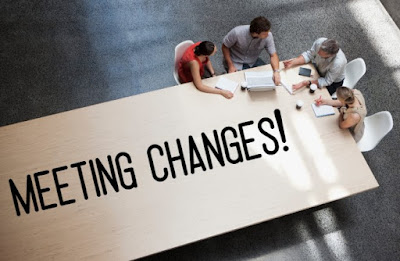Dear Team,
I hope that you were able to relax this past weekend and maybe even caught the replay of UVA’s national championship win on tv – reigning champs for two years now! During this second week of telework, I wanted to share President Ryan’s message of appreciation to the UVA community for efforts last week as we moved to the unprecedented telework and virtual instruction environment in an amazingly graceful fashion: Pres Ryan 3/21 message
At the 2:17 mark, President Ryan makes a specific shout-out to the SFS team who has been working with Student Affairs for days, nights and weekends to award funds to students who needed financial assistance to travel home or to get equipped for online classes. At the same time, SFS worked with Business Operations to determine how to best get housing and dining refunds to students, with Admissions to deliver financial aid awards to regular decision applicants who were accepted last Wednesday, and with our payroll team to ensure that our students on work study will continue to get paid. This is service excellence and collaborative partnering, in a nutshell.
Thanks also to our AP team for coming into the office every day to process the financial aid awards, to the travel team who addressed a boatload of complex travel and expense reimbursement questions, to the contracts team who made easy work of several critical emergency procurements, and to our risk management team who is aggressively pursuing ideas to see how UVA may recover extraordinary costs incurred related to COVID-19.
I am so appreciative of efforts of ASG and our LSPs to ensure that we could all work remotely. A lot of normal operational work proceeded in not normal circumstances. The first academic payroll conducted under our new working conditions processed successfully on Friday. Work progressed on the FY20 year-end close and FY21 budgets. The treasury and endowments teams began to evaluate the impact of a volatile financial market. FST and Deloitte began to work collaboratively with team members located across the country to ensure that our finance transformation continues on schedule (see more of my thoughts on FST within the Online Community).
As we continue to adjust to this new world, be on the lookout for information from our UVAFinance training team on how to best work remotely, to hold effective meetings via Zoom, and to get the most from Microsoft Teams. I ask you to take advantage of this unusual time to think differently about how we do our work. What steps in our work are really not needed? How do we improve communications when we have to rely on new ways to connect? Can we take advantage of new tools (DocuSign and digital signatures) to streamline processes? Share your new ideas and shortcuts with your teammates.
Remember to stay connected with your colleagues through our various communication channels: UVAFinance blog, Finance Matters podcast, UVAFinance twitter, UVAFinance community
Thank you for all you are doing to keep UVAFinance moving smoothly. I am proud of everything that we are doing. Stay safe, maintain social distancing, and I hope to see you all in person very soon.
Best,
















